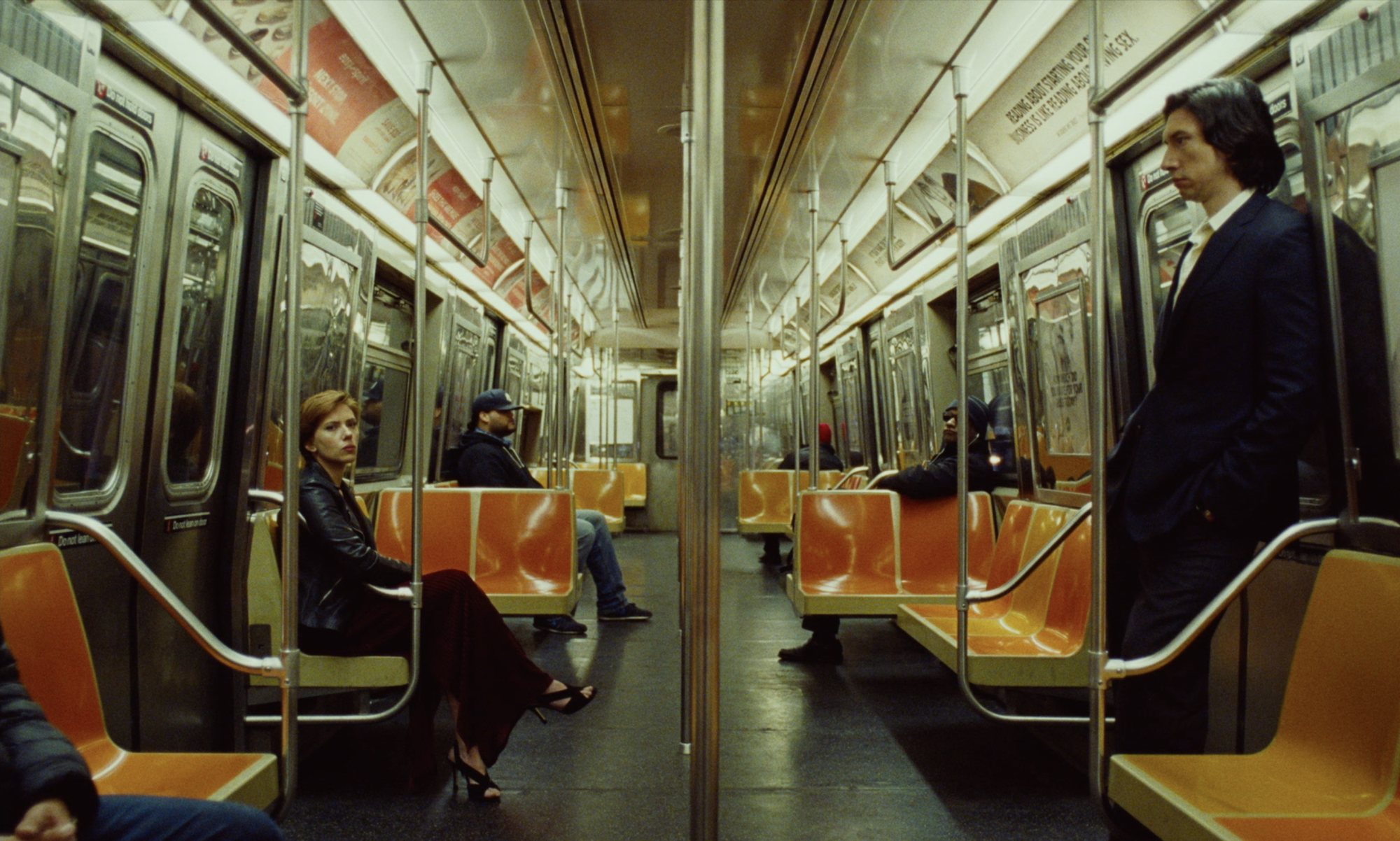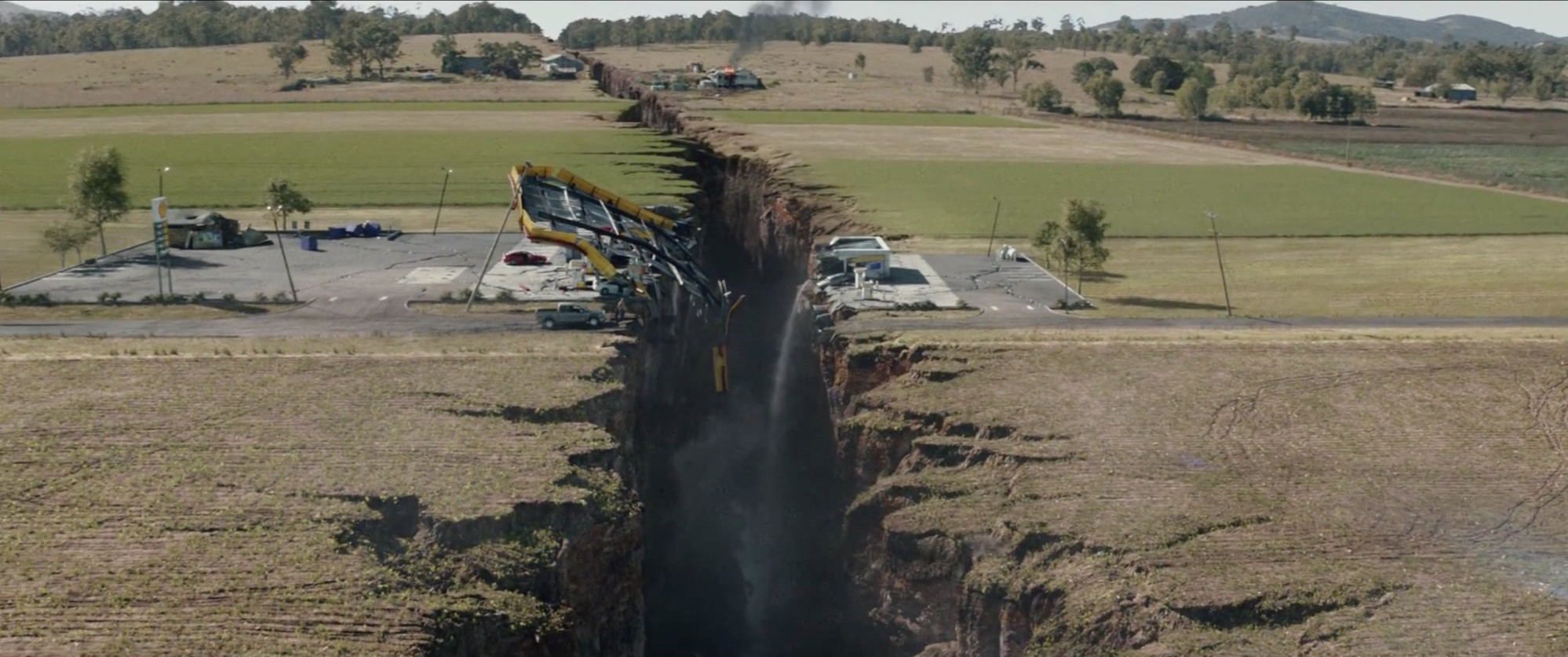But most films fell short – fewer than 10 per cent of the 250 films passed, and climate change was mentioned in two or more scenes in than 4 per cent of the films.

That puts them out of touch with a moviegoing public that wants “to see their reality reflected on screen”, says Matthew Schneider-Mayerson, lead researcher on the study and English professor at Colby College in the US state of Maine.
Researchers at Colby College published the study in April along with Good Energy, a Los Angeles-based environmental consultancy. The results were peer reviewed, and the authors are seeking publication in scientific journals.
The researchers view the test as a way for audience members, writers and filmmakers to evaluate the representation of climate change on screen.
Some results were surprising. Movies that at first glance appear to have little overlap with climate or the environment passed the test.

Injecting an awareness of our communal plight into the stories we ingest seems like a no-brainer
The authors narrowed the selection of films by excluding those not set on Earth or set before 2006 or after 2100. They found streaming services had a higher percentage of films that included climate change than the major studios did.
The study is “valuable for marketing purposes, informational purposes, data accumulation”, says Harry Winer, director of sustainability at the Kanbar Institute of Film and Television at the New York University Tisch School of the Arts.
Winer, who was not involved in the study, said it could also help serve as an incentive to connect audiences with climate stories.
“The audience will be more open to hearing a dialogue about what is right and what is wrong,” Winer says. “It’s a conversation starter.”

The study authors say they see the climate reality check as a kind of Bechdel-Wallace test for climate change.
Alison Bechdel, a cartoonist, is credited with popularising that test in the 1980s by incorporating her friend Liz Wallace’s test about gender representation in film into a comic strip.
The test asks if a movie includes at least two female characters who have a conversation about something other than a man.
Bechdel herself spoke highly of the study’s climate test, which she described as “long overdue” in a social media post during this year’s Academy Awards season.
Bechdel said in an email that “for a movie set in the present to ignore this existential threat just doesn’t make sense any more” in the age of climate change.
“I do worry that screenwriters might do it in a kind of rote way, which could be counterproductive, just like rote ‘strong female characters’ are,” Bechdel said. “But injecting an awareness of our communal plight into the stories we ingest seems like a no-brainer.”

